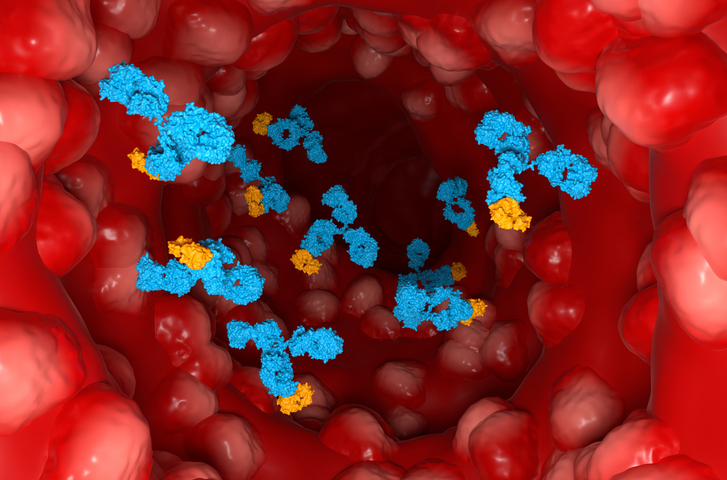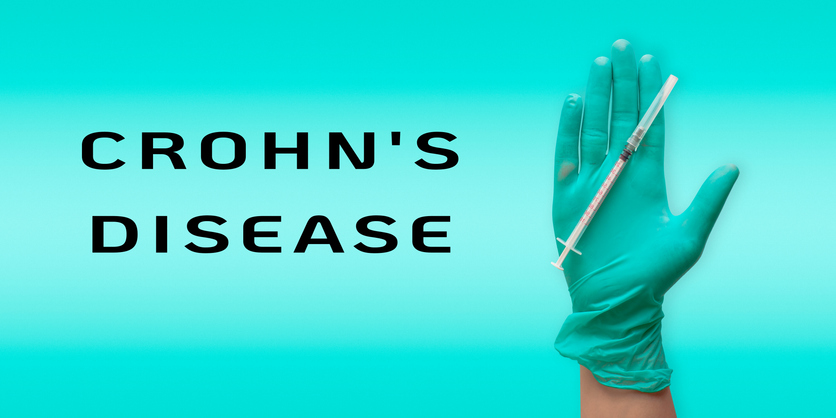
Treatment with cognitive behavioral therapy (CBT) did not influence time to relapse among children and young adults with irritable bowel disorder (IBD) and subclinical anxiety or depression, according to the results of a recent study.
“Within the ‘brain–gut axis,’ it is hypothesized that a decrease in anxiety/depressive symptoms is accompanied by a decrease in (intestinal) inflammation, and vice versa, and that it may promote sustained remission,” explained Gertrude van den Brink, MD, of Erasmus MC-Sophia Children’s Hospital, Netherlands, and colleagues in Inflammatory Bowel Disorders. “In the current trial, both groups equally improved in anxiety/depressive symptoms … Therefore, it is not surprising that we did not find a difference in clinical outcomes.”
This study included 72 patients with IBD who were randomly assigned to CBT plus standard medical care or standard care alone. The primary outcome was time to first relapse in the first 12 months.
Patients assigned to CBT were treated with the Primary and Secondary Control Enhancement- Physical Illness (PASCET-PI) CBT protocol. The protocol encompasses the illness narrative, disease-specific psychoeducation, techniques for coping with pain, social skills training, and an emphasis on IBD-related cognitions and behaviors. Usual care was an appointment with a pediatric gastroenterologist every 3 months that included a 15-30-minute discussion of overall well-being, disease activity, results of tests, medication use, and future plans.
After 1 year of follow-up, 43.2% of patients assigned to CBT and 48.5% of patients assigned to standard care experienced one or more relapse. There was also no difference in clinical disease activity.
Looking at inflammatory markers, there were no significant differences between the study arms in fecal calprotectin and C-reactive protein. However, in an exploratory analysis of patients aged 10 to 18, patients assigned to CBT had a 9% increase per month of fecal calprotectin and a 7% per month increase in C-reactive protein.
“Considering that we did not find an effect of CBT on clinical disease course, it is possible that CBT has an effect on other measures of disease course, such as disability, health care use (eg, visits to the emergency room), and school absenteeism,” the researchers wrote.
Van den Brink G, Stapersma L, Bom AS, et al. Effect of cognitive behavioral therapy on clinical disease course in adolescents and young adults with inflammatory bowel disease and subclinical anxiety and/or depression: results of a randomized trial. Inflamm Bowel Dis. 2019 May 3. Pii: izzo073. Doi:10.1093/ibd/izz073.







 © 2025 Mashup Media, LLC, a Formedics Property. All Rights Reserved.
© 2025 Mashup Media, LLC, a Formedics Property. All Rights Reserved.